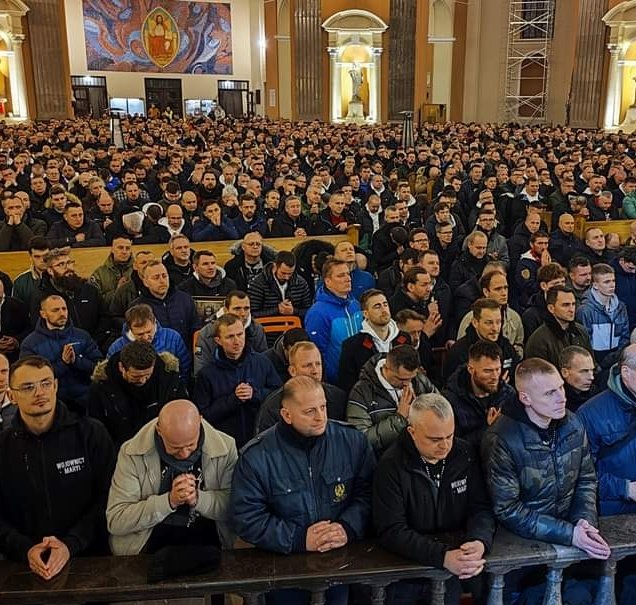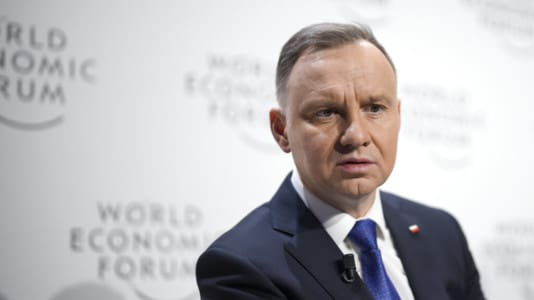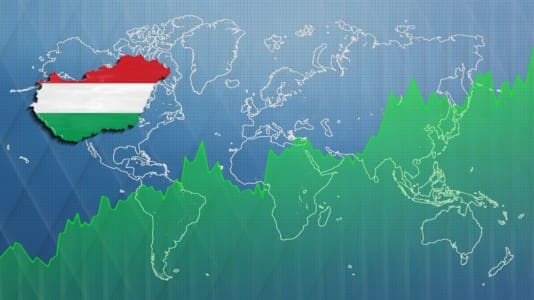Photographs and a video showing 8,000 men praying the rosary and singing a song to honor the Blessed Mother in a Polish church have spread all over the world. The footage came from a nationwide meeting of a Catholic men’s group, Warriors of Mary, that took place at Saint Vincent de Paul Basilica in the Polish city of Bydgoszcz.
Catholic influencer Sachin Jose, who has almost 100,000 followers on Twitter, posted photos and videos, with one caption reading: “They say the Catholic faith is dying in Europe.”
Warriors of Mary, as well as other communities of men’s rosary circles, are becoming an important testimony inspiring all believing Catholics around the globe.
In times when public testimonies of faith are becoming increasingly rare, these men’s readiness to show their loving faith and a manner of praying that a significant percentage of “contemporary” Catholics consider “anachronistic” is encouraging and inspiring.
It also seems that this is what an increasing number of believers, many of whom need a brave and communal form of testifying before God, are reacting to and embracing.
Men’s rosary groups have also been organized for a long time in several towns in Croatia. As in Poland, several praying communities are behind the initiative, and the Croatian prayer groups were inspired by the initiative from Poland.
Just like in Poland, the initiative was attacked by leftist-liberal media that eagerly showed celebrities making fun of worshipers. One actor posted a picture on social media showing him and his friends praying for a tasty goulash. A couple of days later, he appeared on one of the most-watched programs on public television and was portrayed as a hero for freedom of speech.
The campaign against men’s rosary prayer groups is underway in Croatia. Leftist media outlets employ liberal theologists to criticize the initiative. This is similar to the situation in Poland where the founder of Warriors of Mary was attacked by religious figureheads.
Despite these predictable reactions, one is certain: The spiritual unity of Polish and Croatian worshipers is something extraordinary.
It is an organic process that is taking place outside of institutions and has its source in the sensus fidei (sense of the faith) that churches in this part of Europe are based on.
In fact, this sensus fidei might be the thing that will save the Church in Europe.






